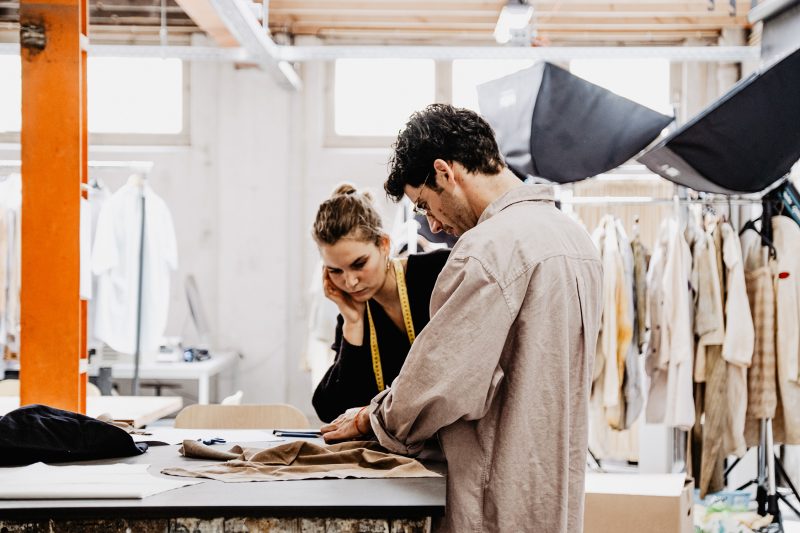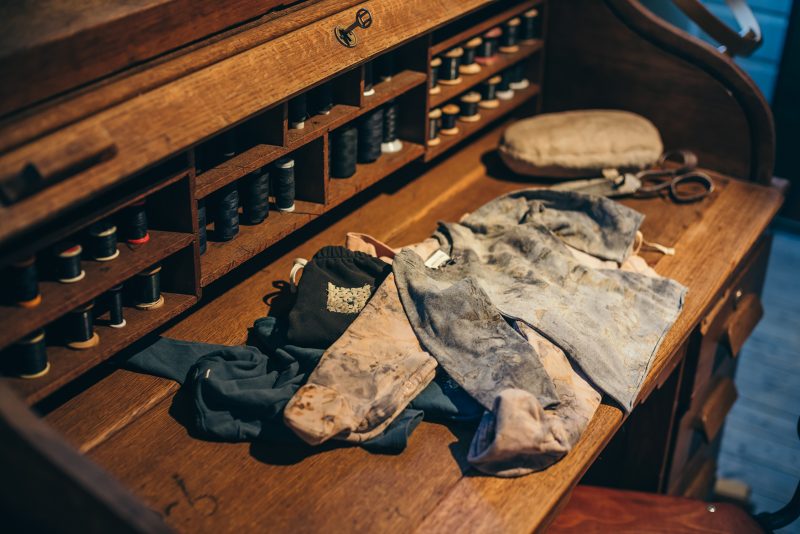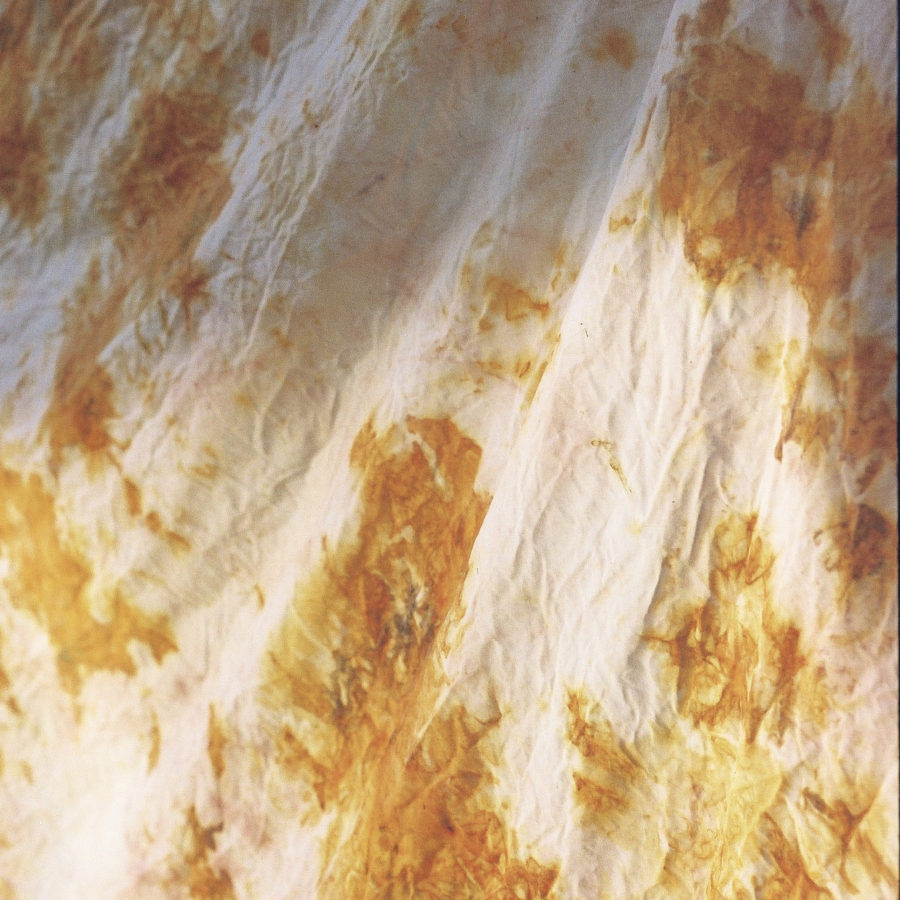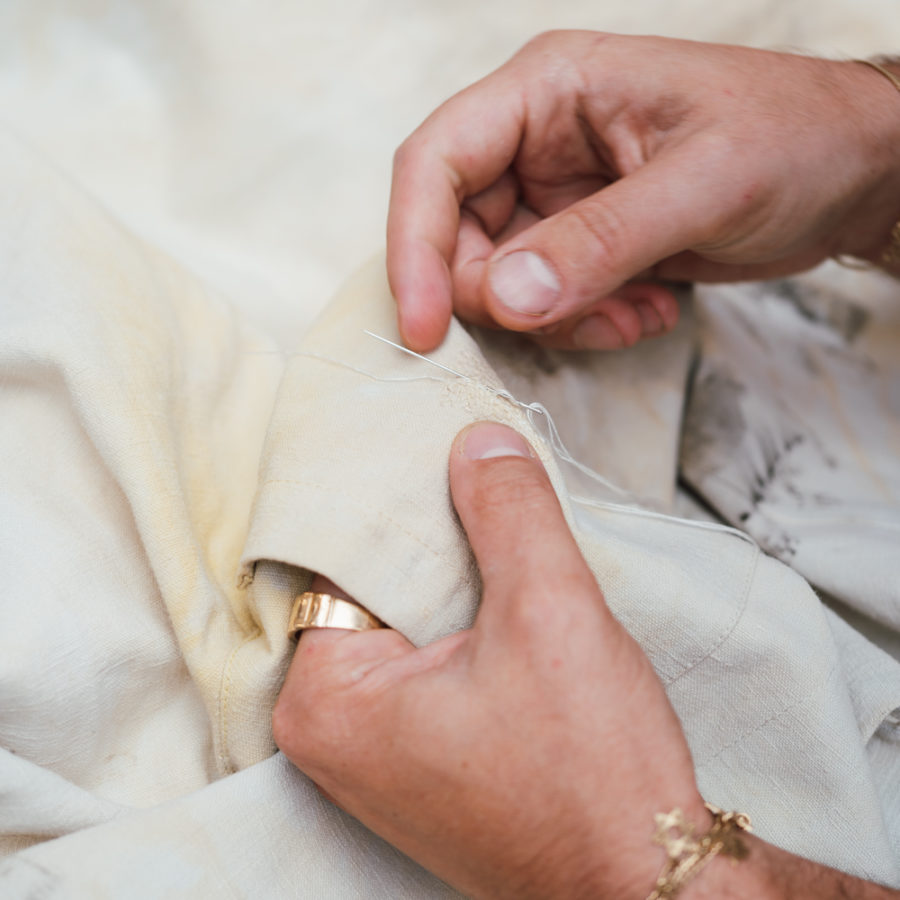Sebastiaan Kramer (36) is managing director at Hul le Kes. Together with Sjaak Hullekes he graduated from ArtEZ Institute of the Arts in the field of fashion design. Since their graduation they have worked and lived together. Sebastiaan began his career as a designer, but gradually shifted to the business side of fashion. During his following schooling in business administration he focused on non-Western and alternative approaches to management. Aside from his role at Hul le Kes, he is director of Studio Ryn and artistic director of Fashion + Design Festival Arnhem and Duurzame Mode 025. Sebastiaan is a regular guest lecturer and speaker at universities on the subject of alternative management.
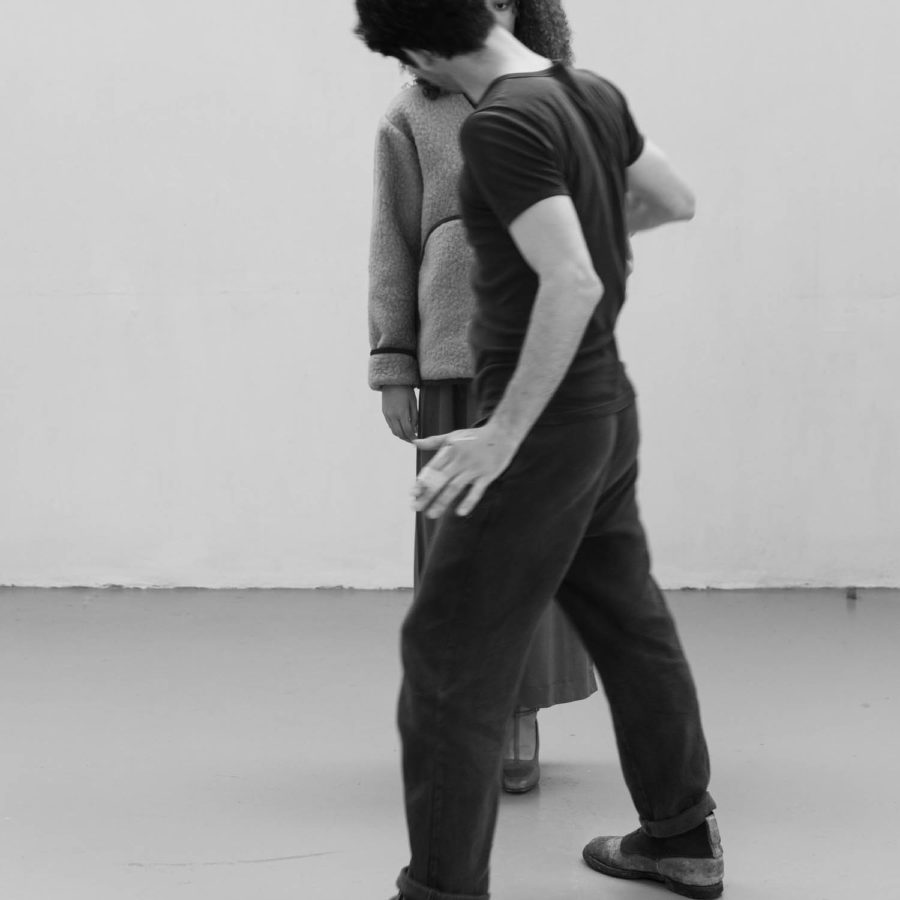
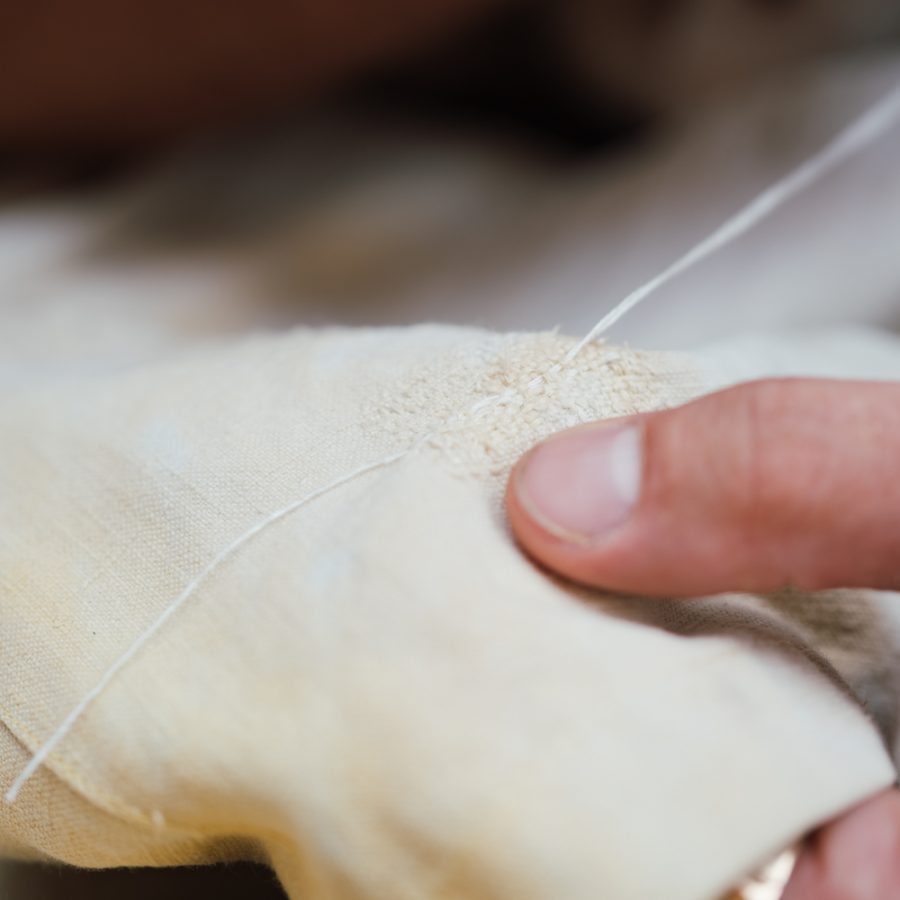
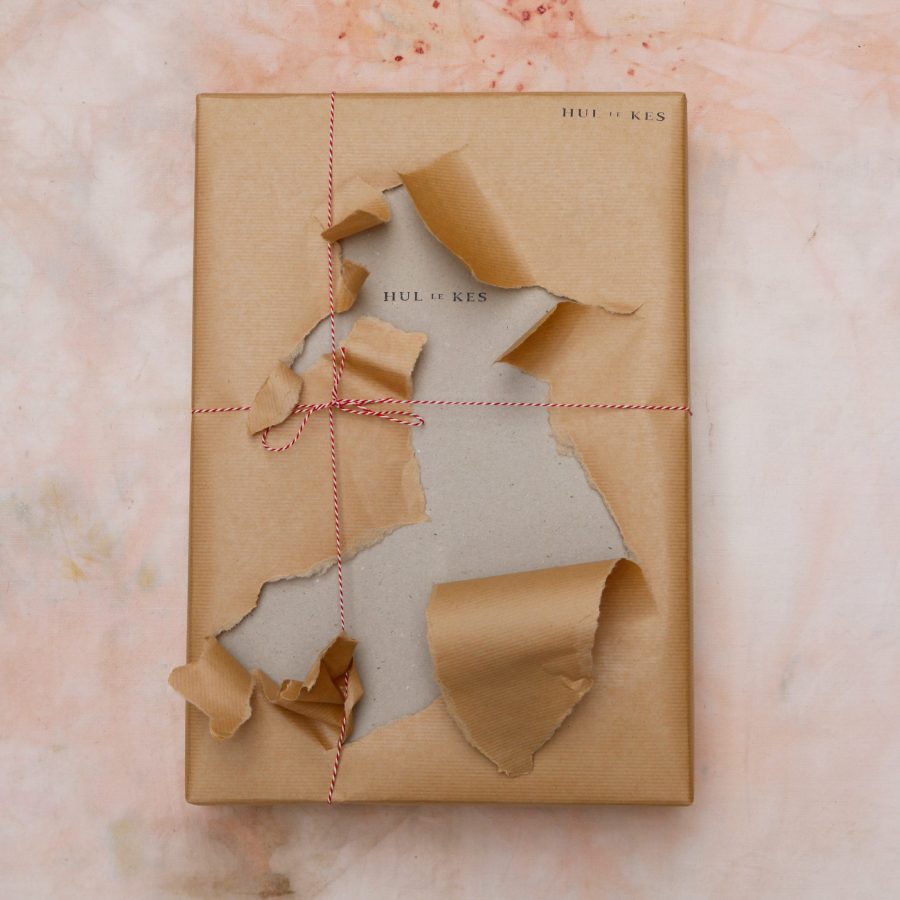
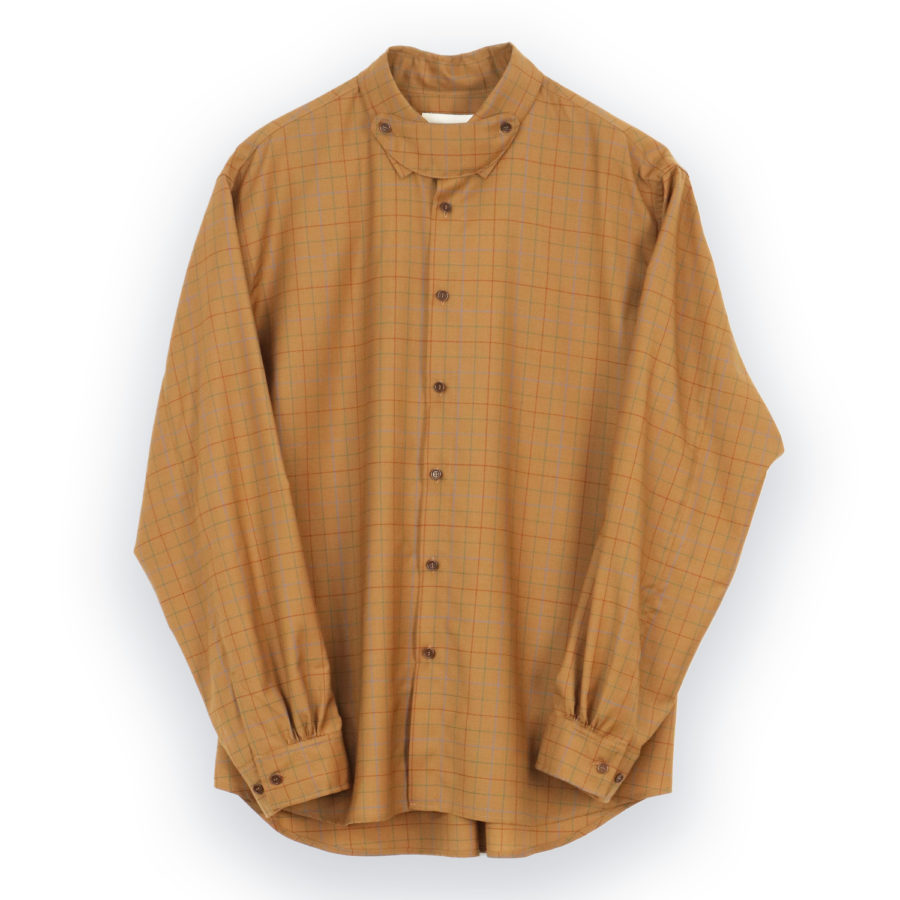
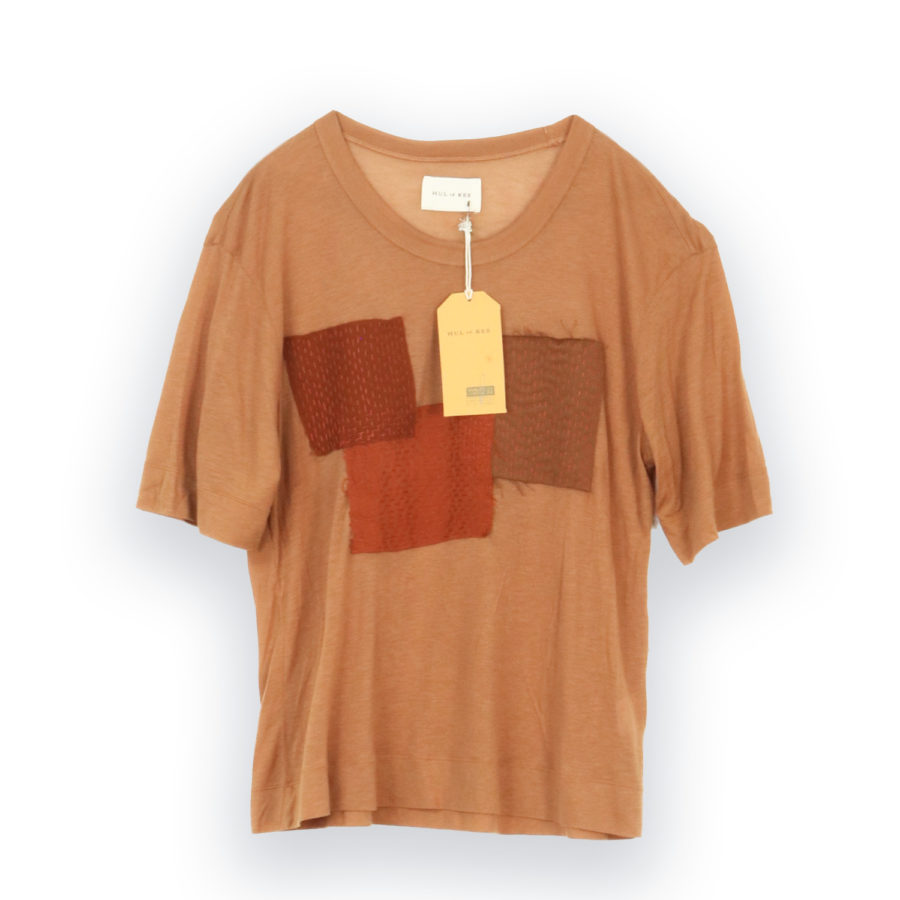
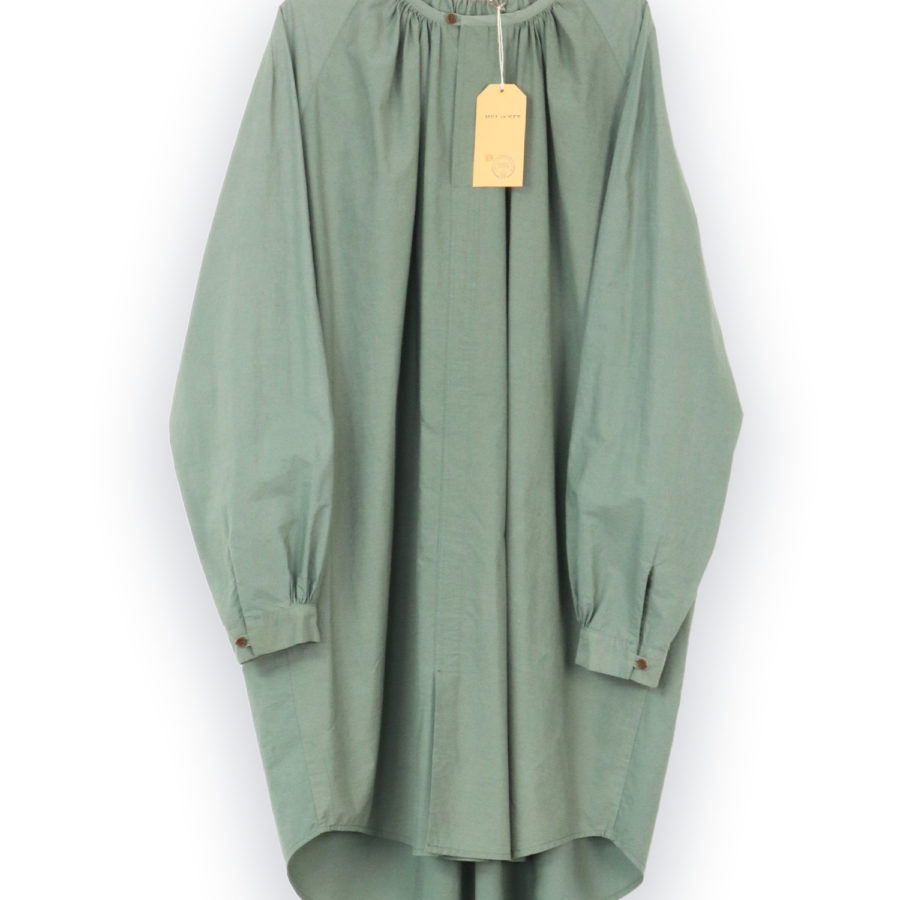
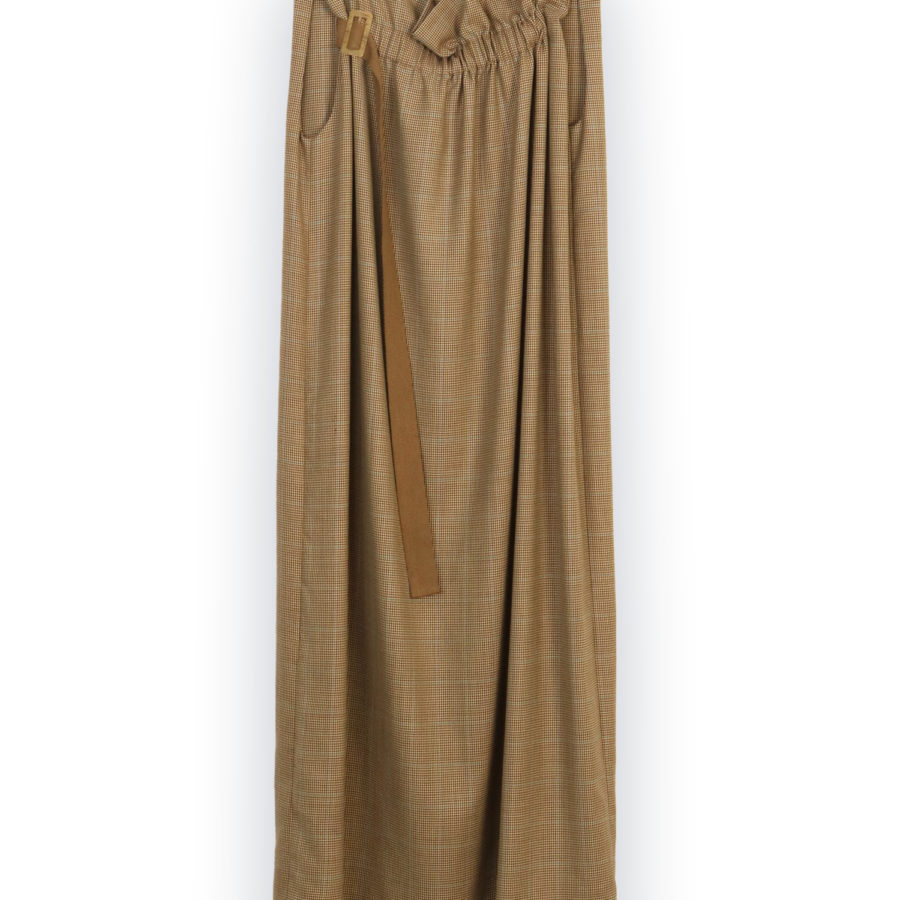
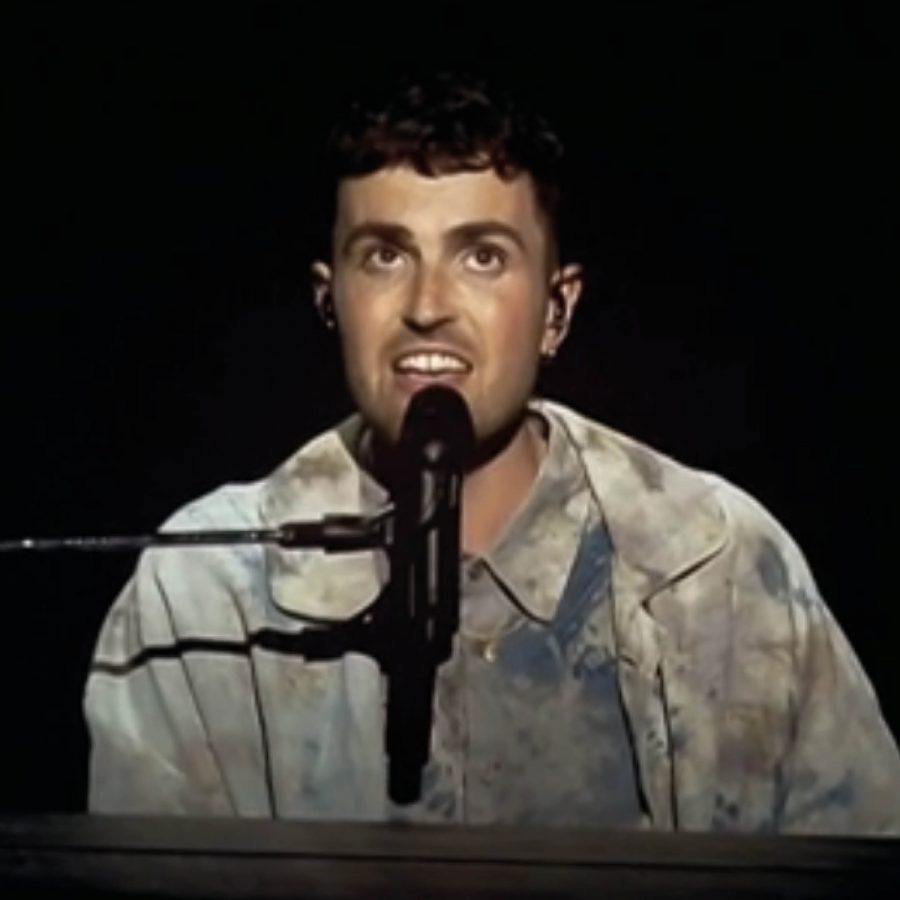
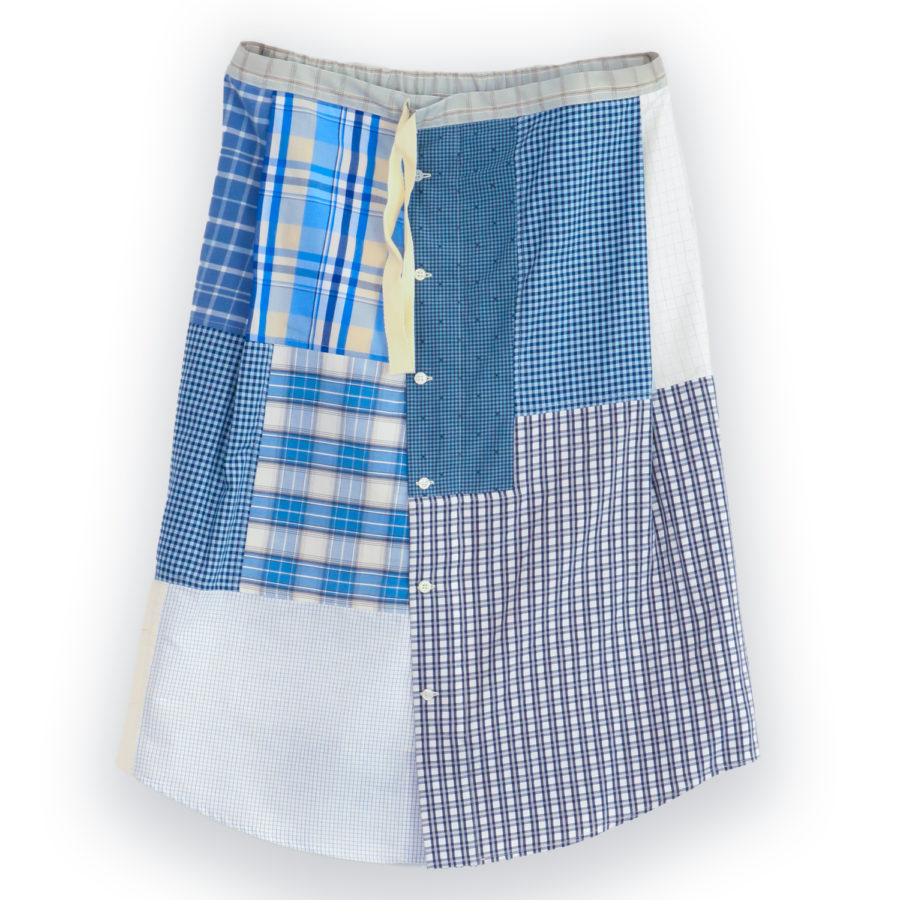
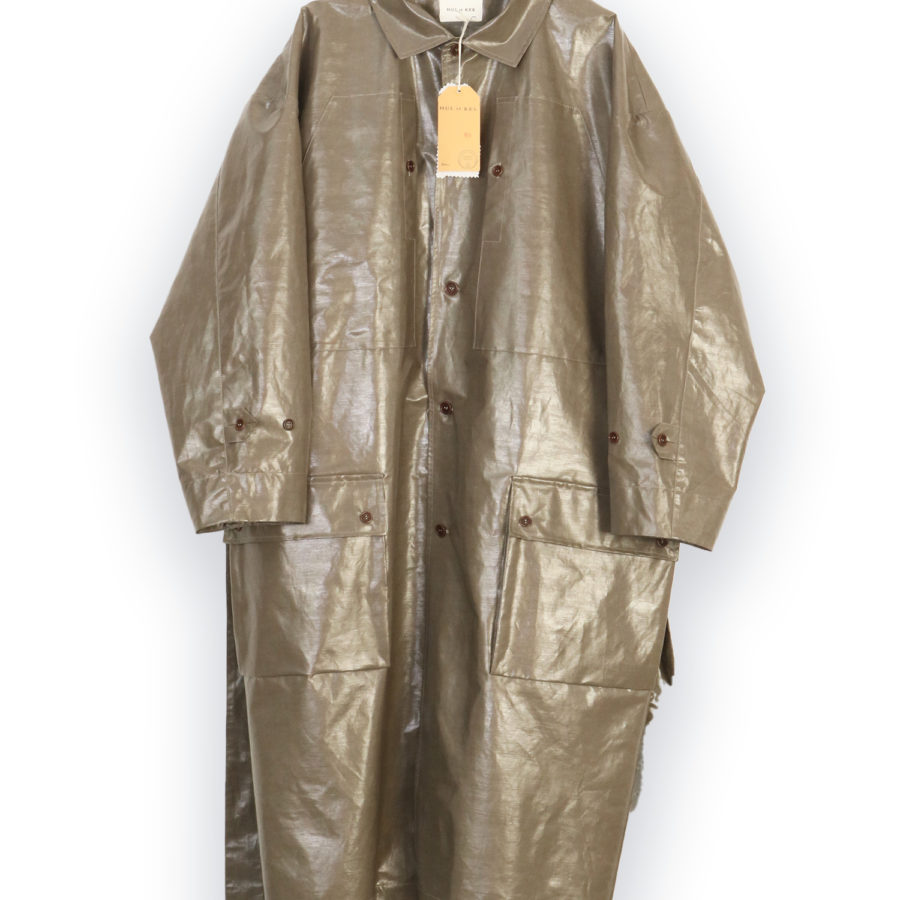
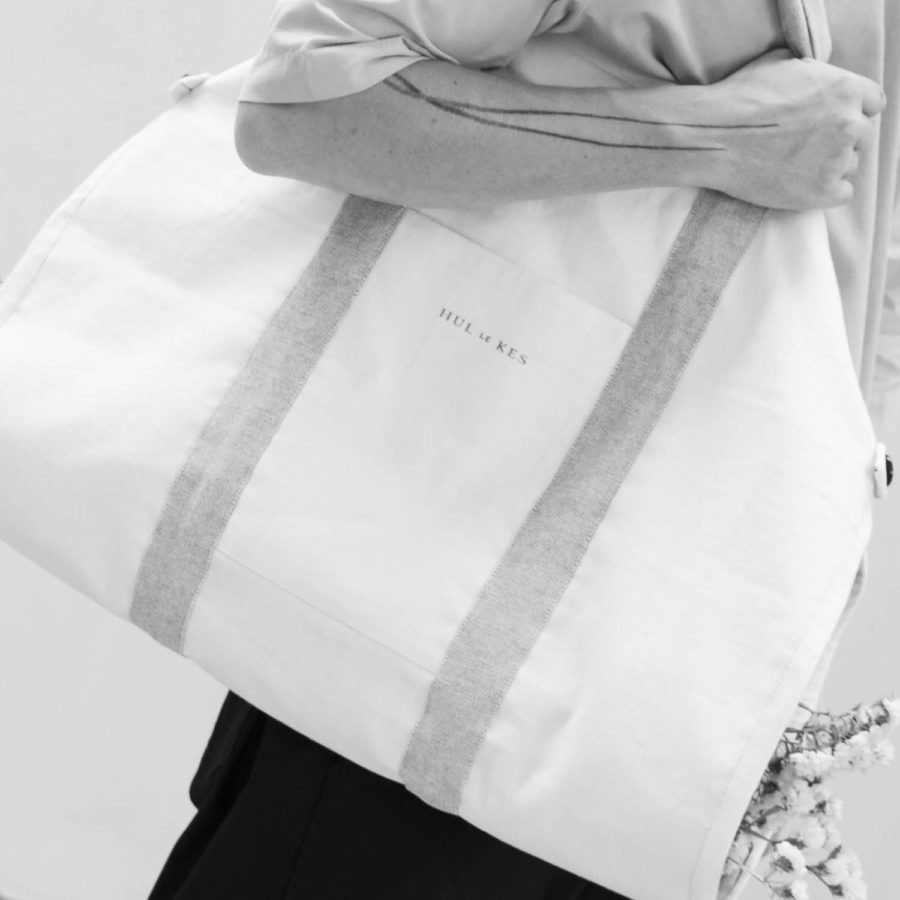
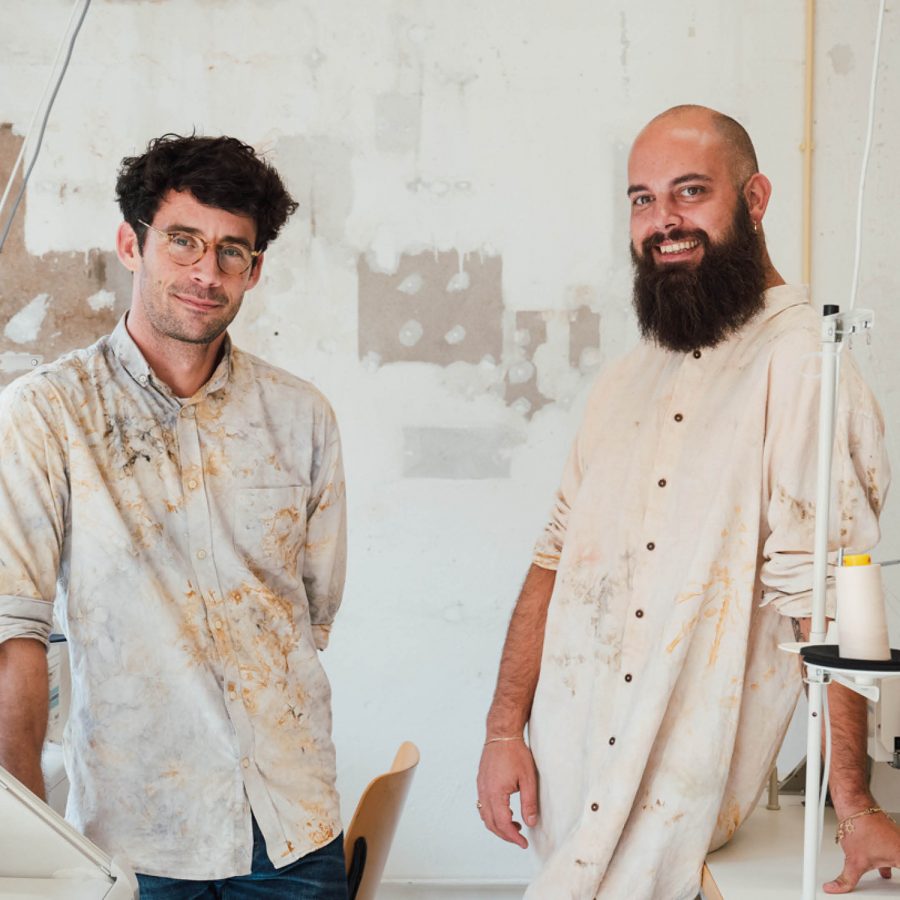
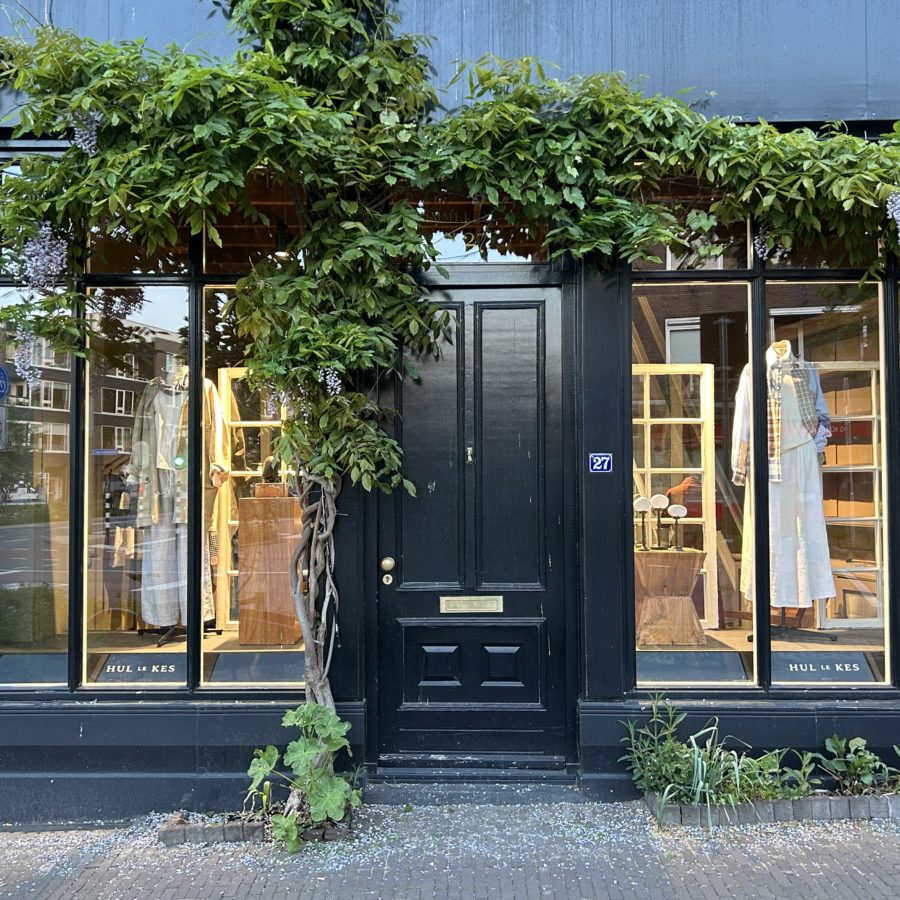
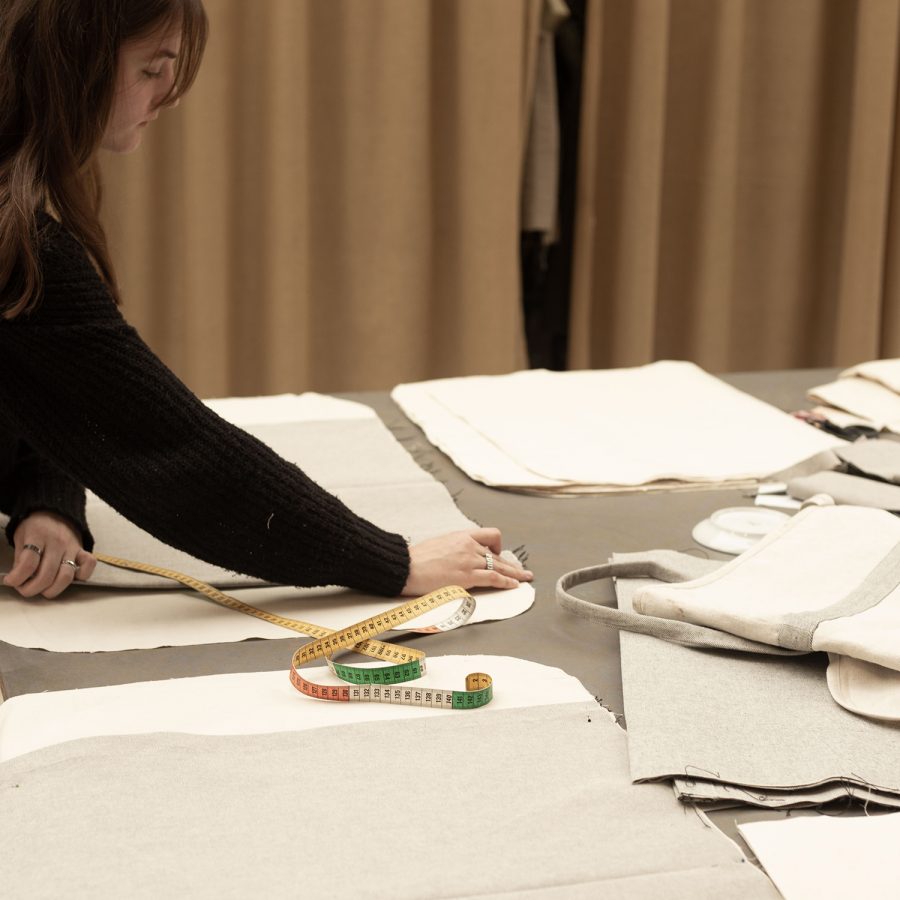
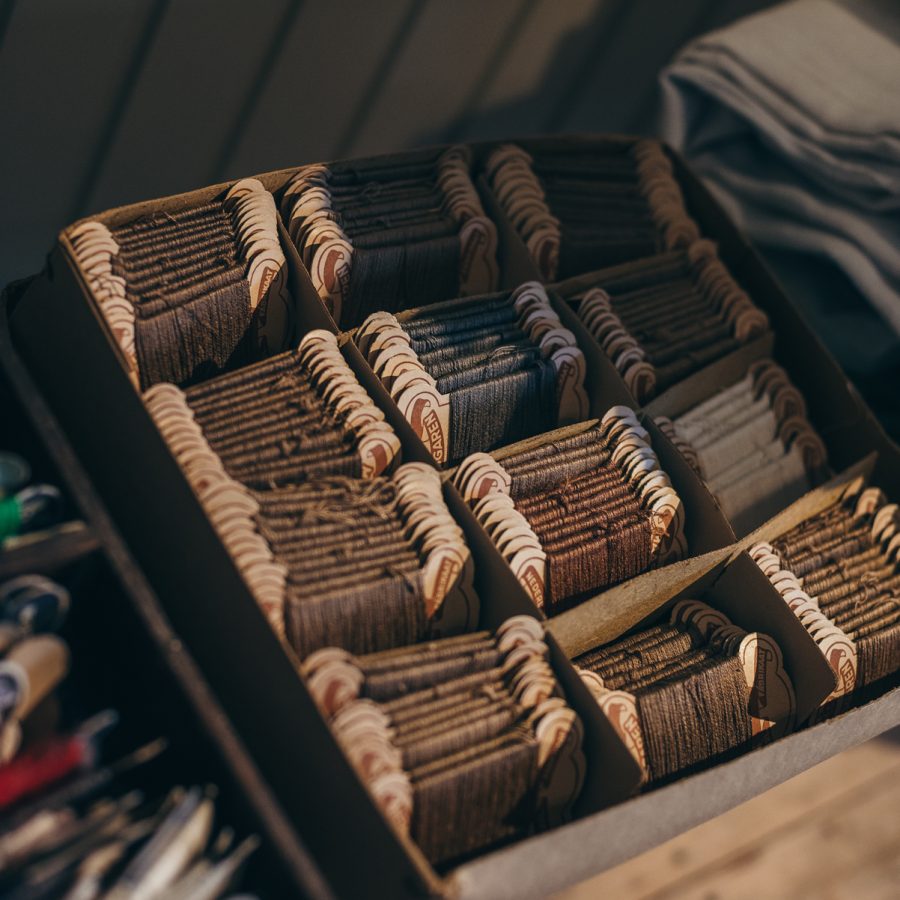
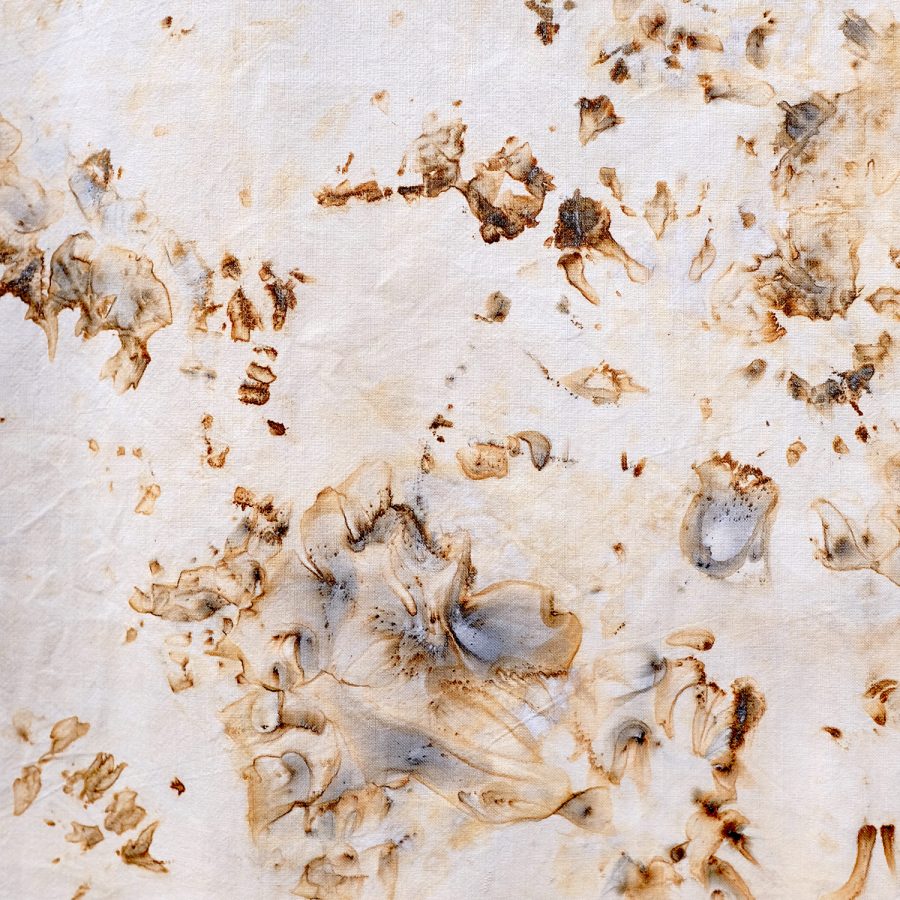
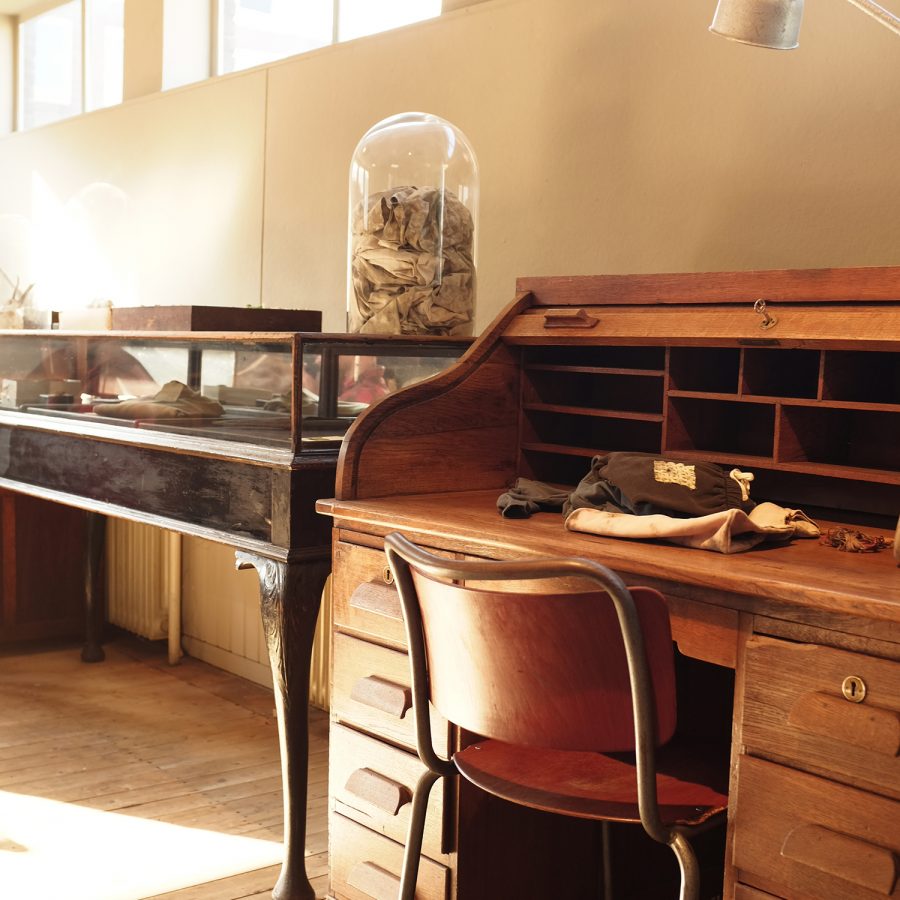
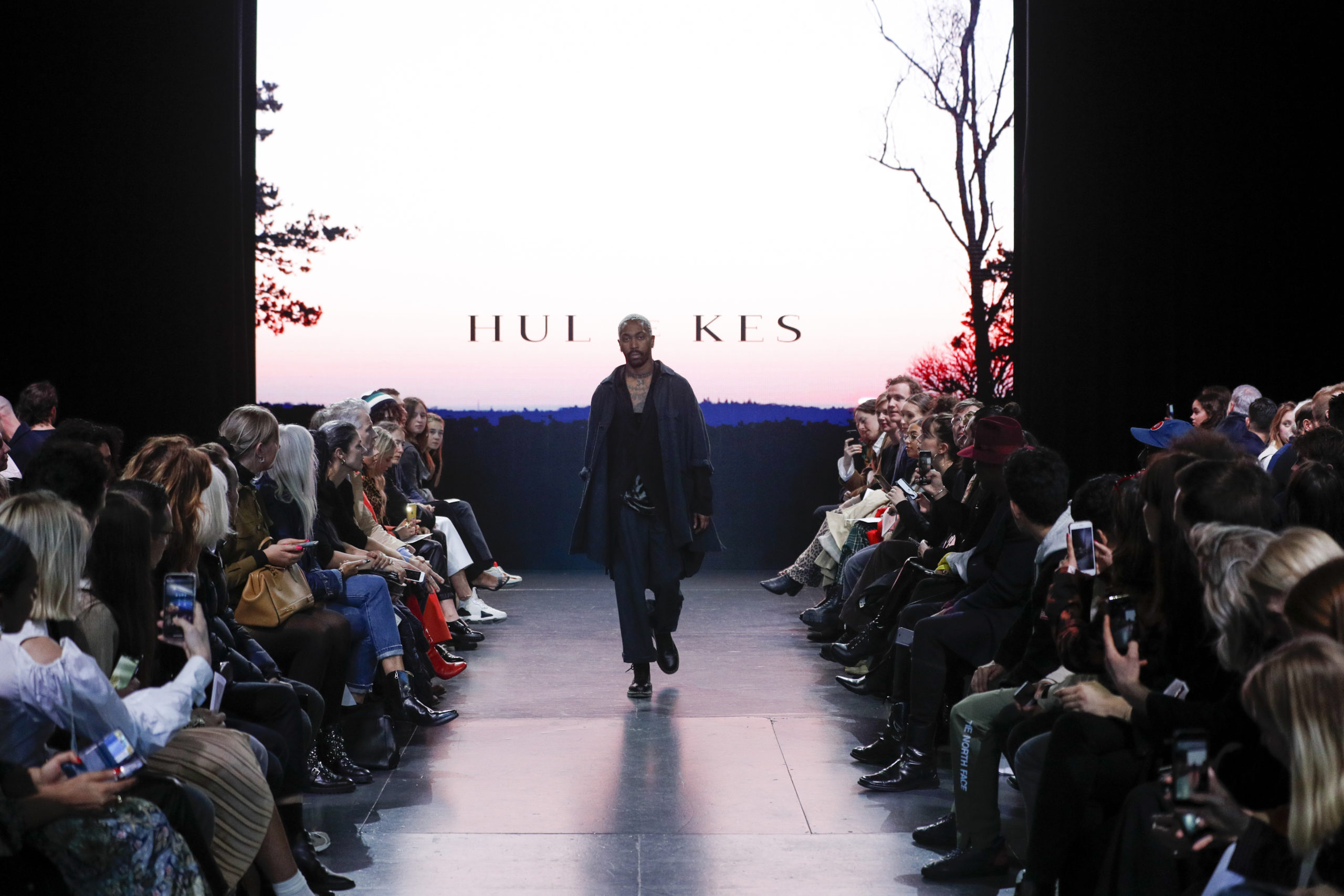
- Home
- Shop
- All
- Shirts
- Tops
- Tunics
- Dresses
- Trousers
- Skirts
- Jackets & Coats
- Accessories
- Services & others
- Tickets & Gift Cards
- About
- About Hul le Kes
- Hul le Kes store
- Manufacturing Studio
- Recovery Studio
- Circularity & Sustainability
- Social Enterprise
- Five Years Unveiled
- Natural Dyeing
- Frequently Asked Questions
- News
- Contact
- Socials
- YouTube
- Tik Tok
